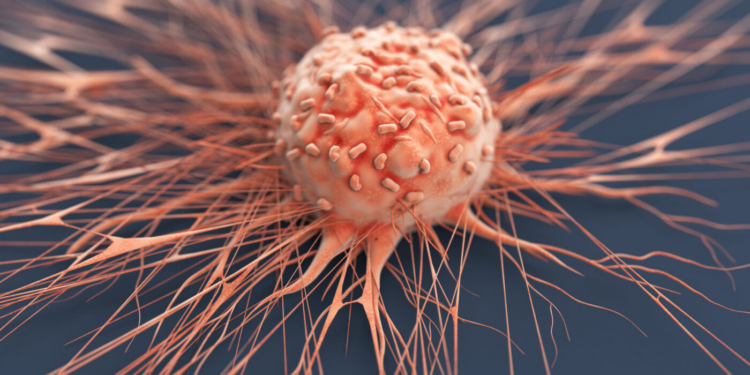Federal government said it has secured over six million doses of the Human Papilloma Virus (HPV) vaccine for the first phase of vaccination in 16 states, targeting about six million girls (aged nine to 14).
The states include Abia, Adamawa, Akwa Ibom, Anambra, Bauchi, Bayelsa, Benue, Enugu, Jigawa, Kano, Lagos, Nasarawa, Ogun, Osun, Taraba, and the Federal Capital Territory (FCT).
Human Papillomavirus infection (HPV infection) is caused by a DNA virus belonging to the family Papillomaviridae. It is the most common viral infection of the reproductive tract and causes a range of conditions in men and women, including pre-cancerous lesions that may progress to cancer.
The director-general of the National Primary Healthcare Development Agency (NPHCDA), Dr Faisal Shuaib, disclosed this yesterday at a joint press briefing with the National Agency for Food and Drug Administration and Control (NAFDAC), on NAFDAC’s approval of use of Gardasil vaccine as single dose in the routine immunisation against cervical cancer, in Abuja.
He said the national launch of the HPV vaccine for girls aged 9 to 14 in the country is slated for October 24, 2023, adding that the vaccine introduction will occur in two phases.
He said the second phase is scheduled for the first quarter of 2024 and will encompass the remaining states: Borno, Cross River, Delta, Ebonyl, Edo, Ekiti, Gombe, Imo, Kaduna, Katsina, Kebbi, Kogi, Kwara, Niger, Ondo, Oyo, Plateau, Rivers, Sokoto, Yobe, and Zamfara.
Faisal said cervical cancer stands as the second most common cancer among women in Nigeria, and the second most common cause of cancer-related fatalities among women aged 15 to 49 years.
“Nigeria alone contributes an estimated 12,075 new cases of global cervical cancer annually. HPV infection has been identified as a high-risk factor, implicated in 95 percent of cervical cancer cases. With 12,000 new diagnoses and 8,000 lives claimed each year, it translates to 33 new cervical cancer cases and 22 deaths every day in our nation,” he said.
However, he said while vaccination is the most potent prevention measure against PHV, encouraging women to undergo regular screening tests for early detection and prompt treatment is important.
The director-general of NAFDAC, Prof Moji Adeyeye, said studies among females have demonstrated that a single dose of HPV vaccine is sufficient to elicit an immune response that provides similar protection as a multidose regimen against initial and persistent HPV infection.
“Also, the World Health Organization (WHO) Strategic Advisory Group of Experts on Immunization (SAGE) has recently updated its recommendations on HPV vaccination schedule and has advised that a single dose schedule can be used for girls aged 9-14 years and young women aged 15-20 years, instead of the previous two or three-dose schedules,” she said.



